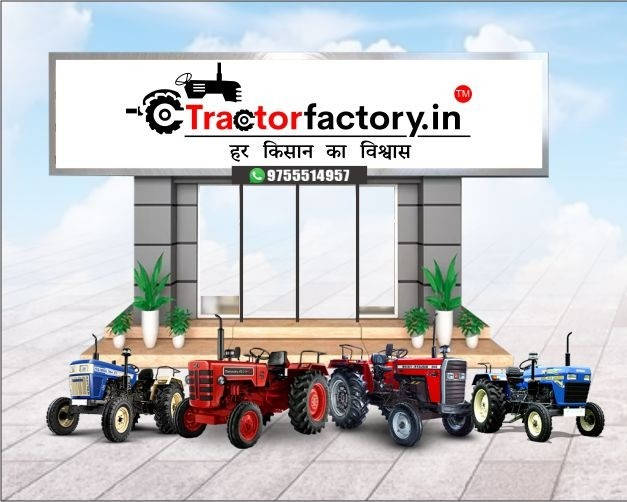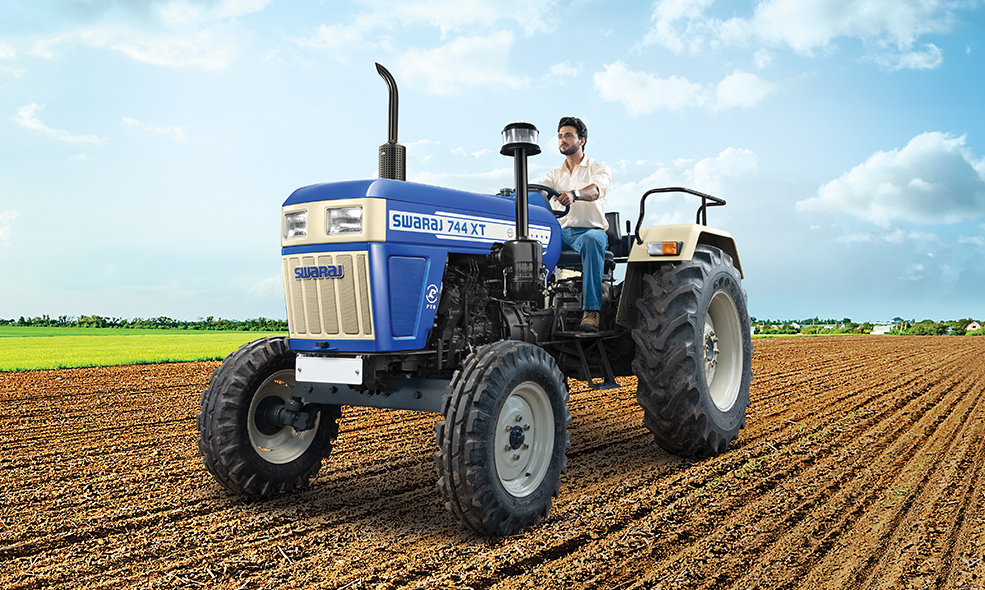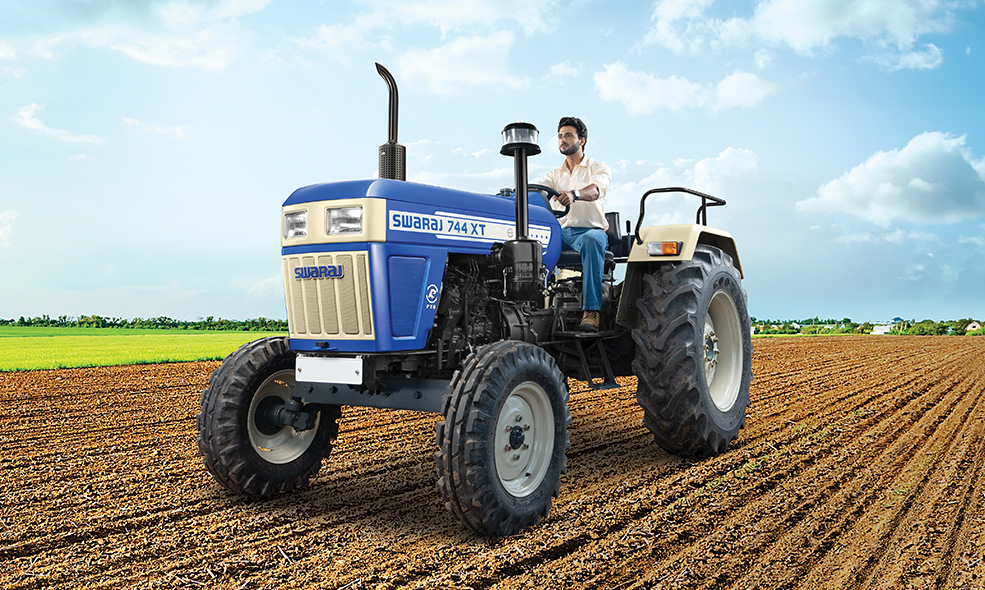

Old tractors are more than just machines; they’re a part of agricultural history. For many farmers, an old tractor is a trusted workhorse—rugged, dependable, and familiar. But keeping these vintage machines in good working condition takes more than just a little oil and a prayer. Whether you're running a classic Ford 8N or an International Harvester from the 1970s, regular maintenance is crucial to extending its life and avoiding costly breakdowns.
Here’s a breakdown of the best practices for maintaining your old tractor so it keeps running strong for years to come.
Just like any vehicle, your tractor needs regular TLC. Create a maintenance calendar and stick to it. This includes:
Changing engine oil every 100 hours or annually—whichever comes first
Replacing oil and fuel filters
Checking and topping off fluids (hydraulic, transmission, coolant)
Inspecting belts and hoses for cracks or wear
Regularity ensures you catch small issues before they become big repairs.
Dirt, dust, and debris can cause major wear and tear. After each use, especially during planting or harvest season, give your tractor a good cleaning.
Use compressed air to blow out debris from the engine and radiator
Wipe down greasy or oily parts to prevent build-up
Clean the undercarriage to avoid rust and corrosion
A clean tractor not only looks better but runs better too.
Older tractors tend to develop leaks—whether it’s oil, hydraulic fluid, or fuel. Place a drip pan under your tractor when parked and inspect for wet spots regularly.
If you find a leak:
Pinpoint the source quickly
Replace seals or gaskets as needed
Don’t ignore it—leaks can lead to major component failure if left unattended
Many old tractors use a 6-volt system, which can be finicky compared to modern 12-volt systems. Regularly check:
Battery terminals for corrosion
Wiring harnesses for fraying or shorts
Ground connections to ensure a solid electrical circuit
If starting becomes a problem, test the generator or alternator and voltage regulator.
Your tractor has grease points—don’t skip them. Lubricating moving parts reduces friction and extends the life of critical components.
Focus on:
Steering linkages
U-joints
Brake pedals
PTO shafts
Use the appropriate type of grease and apply it until you see fresh grease coming out of the seals.
Old tractors often sit unused for weeks or months, which can lead to flat spots or dry rot in tires. Regularly inspect:
Tire pressure (low pressure puts strain on axles)
Sidewalls for cracks
Tread for wear, especially if you're working on hills or soft ground
Well-maintained tires improve traction and safety.
Where and how you store your old tractor is just as important as what you do with it. Ideally:
Keep it under cover, away from rain and direct sunlight
Use a breathable tarp if stored outdoors
Disconnect the battery if it will sit idle for long periods
Consider using fuel stabilizer if it will be unused over winter
Proper storage helps prevent rust, corrosion, and rodent infestations.
Old doesn’t mean obsolete—but it does mean you need to be selective. Use OEM (original equipment manufacturer) parts when possible or trusted aftermarket suppliers.
Also:
Avoid mixing modern fluids unless you're sure they're compatible
Don’t skimp on quality—cheap filters or fluids can damage your engine or hydraulic system
Investing a bit more upfront can save you a fortune later.
Keep a simple notebook or spreadsheet that tracks:
Maintenance tasks and dates
Parts replaced
Fluids added
Hours of operation
This makes it easier to identify patterns, track wear and tear, and have a reference if you ever sell or pass down the tractor.
Perhaps the most overlooked tool in maintenance is your own senses. If your tractor starts sounding different, feels sluggish, or just “doesn’t feel right,” don’t ignore it. Unusual vibrations, noises, or smells are often the first sign something’s off.
Your familiarity with your tractor is your biggest advantage—trust your gut.
Old tractors are durable, but they’re not invincible. With a little dedication, some elbow grease, and the right practices, you can keep your classic machine running strong well into the future. Whether it’s for work, show, or nostalgia, taking care of your old tractor is as much a labor of love as it is a smart investment.
Remember: A well-maintained old tractor isn’t just surviving—it’s thriving.
| Price: | 50000 |
| Categories: | Vehicles / Automotive Items & Parts |
| Phone: | 9755514957 |
| Address: | Jabalpur |
| Website: | View our site |
| Email: | tractorfactory453@gmail.com |

Member since May 18, 2025
View All Ads Send Message